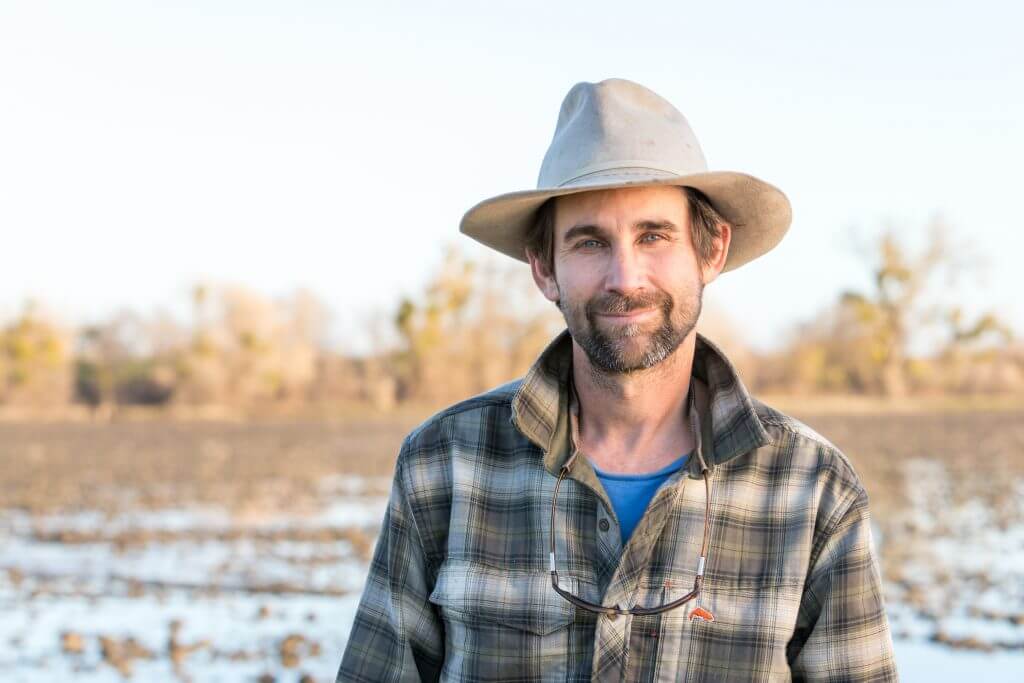
From the time he was old enough to slip into a pair of waders, Jacob could be found down at the creek perfecting his fly-fishing technique. In those early days you would find the father and son fishing northern California together everywhere from Putah Creek, little Sierra lakes and the Truckee River. Many times, the fishing trip was based on a random blue dot they found on a map the night before.
“If there was a puddle, we were fishing it,” said Jacob Katz.
When not fishing with his son, David Katz, then, the President of the California Reclamation Board under Governor Jerry Brown, was busy working on new ways to help protect wildlife and vital habitats.
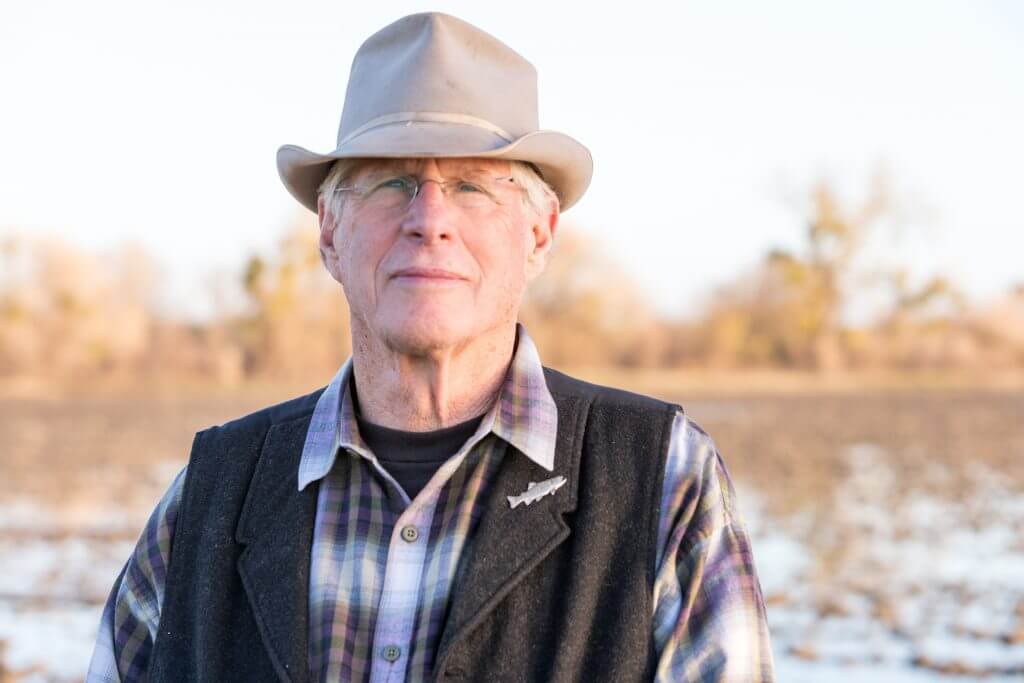
It was there he met Huey Johnson, Governor Brown’s Secretary of Resources. The two men formed a bond with their passion to help protect wildlife and vital habitats in the Golden State.
Huey and David knew that the farms versus fish war that was underway was only going to leave both sides battered and the salmon would be left suffering in the end.
Research showed that salmon that got access onto floodplain wetlands grew much faster than their brethren that remained stuck in the river channel.
But, more than 95% of the Central Valley’s floodplains were now cut off by levees built to protect cities and farms from flooding. The food was on the floodplain but the fish were stuck and starving in the leveed river channel.
“But the floodplains didn’t disappear,” said David. “The land-use just changed. What used to be marsh is now rice field. If we owned some rice fields, we may be able to find a way to farm in summer and provide flooded fish habitat in winter.”
Knaggs Ranch, a 1,600-acre rice farm in the Yolo Bypass along the Sacramento River – would become the perfect testing ground. David and the team still needed to prove that rice fields to act in the same way as natural wetlands for salmon.
Insert Jacob Katz.
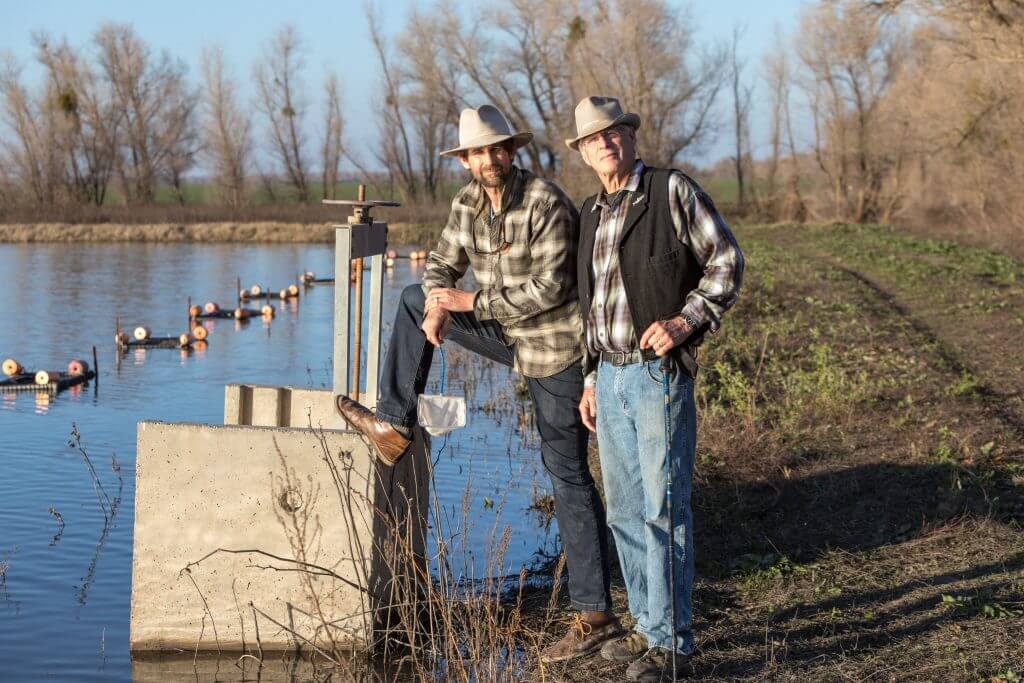
By this time Jacob was a fisheries graduate student at UC Davis Center for Watershed Sciences and looking for a research project to sink his teeth into.
Jacob took on the seemingly crazy idea of rearing young salmon in flooded rice fields during the winter months as his PHD. They called it The Nigiri Project, after the popular Japanese sushi dish that features a piece of fish over rice.
“That first experiment showed that juvenile salmon who fed in the flooded rice fields grew many times faster than their counterparts in the river,” said Jacob, lead scientist with California Trout. “We have expanded the work to floodplain sites throughout the Central Valley.”
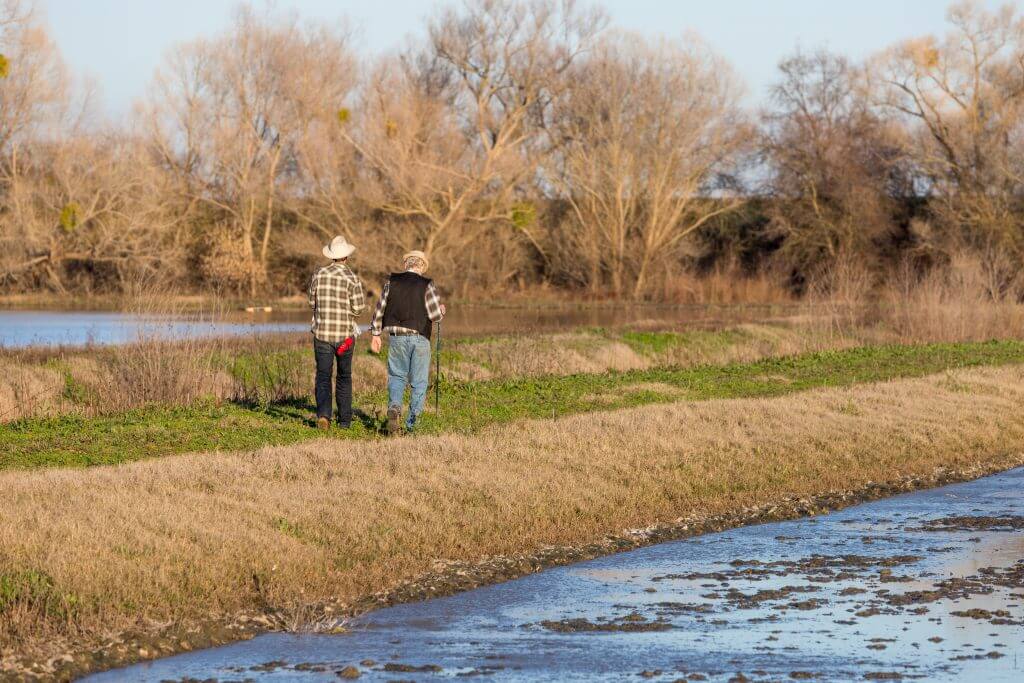
Jacob and David no longer fish as much as they’d like.
But they know it is for a good cause.
They now travel up and down California, working with landowners, water agencies, conservation groups and government agencies on ways to reintegrate floodplain productivity into the way farms and rivers are managed in California.
This multiple benefit model of floodplain management improves flood protection for cities and farmlands while also providing food and habitat for fish and wildlife.
“This model has global implications,” added Jacob.
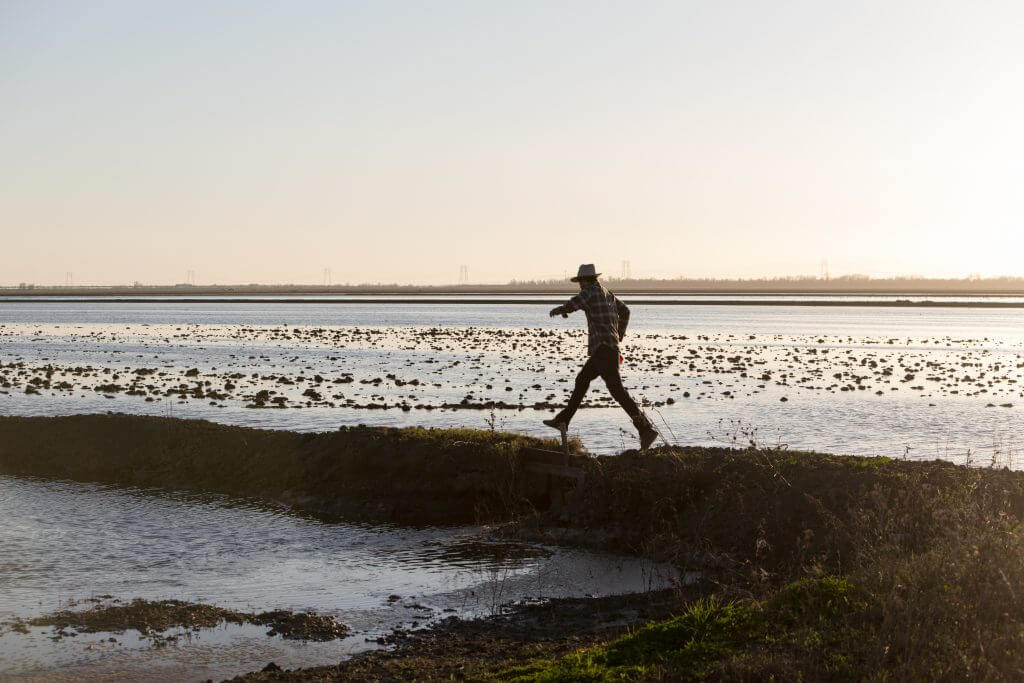
“By integrating a working knowledge of natural process into the management of natural resources like rivers and farm land, we are demonstrating that it is possible to balance the needs of people and wildlife, even in the middle of one of the world’s most productive agricultural landscapes.
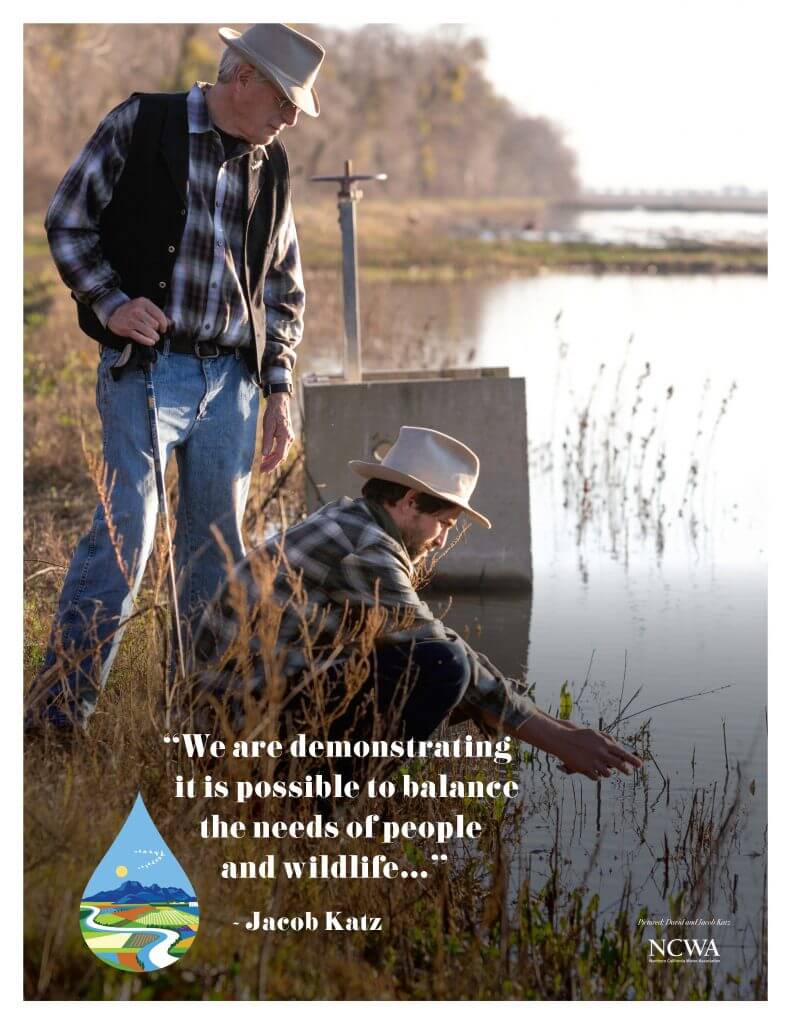




Does also assist in replenishing aquifers?
Great article Jacob! What a great success story and such a satisfying career with David! I’m proud to say I’ve known David since 3rd grade. All the Katz family has been so successful and made their father Joeseph proud.
I would appreciate this story being featured in major news outlets, like the NYT’s, as good news is hard to find these days. Also, the prospects of enlarging and improving quality food protein supplies while the meat industries are suffering from CoVid infections let alone contributing to deforestation.
Great work, amazing potential, collaboration is the way to go.